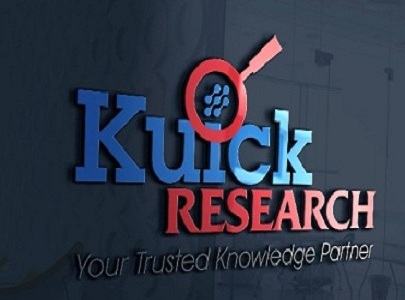
Global Nanoparticle Drug Delivery Market, Dosage, Price and Clinical Pipeline Outlook 2028 Report Highlights:
During the last few decades, there has been enormous development in the field of delivery systems to provide therapeutic agents or natural based active compounds to the target location for the management of several diseases. Several drug delivery approaches have been successfully employed in recent times, however there are still certain challenges that need to be addresses and an advanced technology need to be developed for successful delivery of drugs to its target sites. In order to overcome these challenges, the nanoparticle based drug delivery systems are currently been studied that will facilitate the advanced system of drug delivery.
Nanoparticle drug delivery is the emerging branch which utilizes nanotechnology in the prevention and treatment of various diseases using the nanoscale materials, such as biocompatible nanoparticles and nanorobots for delivery of drug to target location. Several biopolymeric nanoparticles can be utilized for drug delivery systems such as chitosan, xanthum gum, cellulose, liposome, dendrimers, and others. Liposome drug delivery approach is one of the most promising approaches and held the maximum share in the global nanoparticle drug delivery market.
Companies in the liposome drug delivery market are increasing their focus on drug delivery nanosystems involving major antiviral classes and their transport across specific barriers at cellular and intracellular levels. Thus, liposomes hold promising potentials in ongoing research studies being carried out by healthcare companies for the treatment of coronavirus. Further, several pharmaceutical companies have also entered into collaboration or partnerships to drive this segment in forecast period. For instance, Encapsula NanoSciences has extensive collaboration with academic research laboratories and is currently working with synthetic chemists and cancer biologists at a major university in the development of new anti-tumor compounds that require a liposome delivery system to be dosed in vivo. Moreover, Lipella Pharmaceuticals Inc. has been funded by the National Institutes of Health Small Business Innovation and Research (SBIR) to develop intravesical liposome nanoparticles to treat overactive bladder (OAB), interstitial cystitis/painful bladder syndrome (IC/PBS).
Apart from oral drugs, researchers have also expanded the idea of nanotechnology towards vaccine development. So far, two nanoparticle formulated, mRNA based COVID-19 vaccines have been developed, clinically tested and marketed during the ongoing pandemic. These vaccines are BNT162b2 by Pfizer/BioNTech and mRNA-1273 by Moderna. Apart from this, two vaccines are present under development such as NVX-CoV2373 vaccine (Novavax).
Further to mitigate the high cost associated with nanoparticle drugs, the research is also directed towards the development of cost-effective nanoparticle based generic drugs. The generic nanoparticle drug has also seen substantial rise in production as they are less expensive than branded and do not require extensive research and testing. Several pharmaceutical companies including Mylan, Teva, Actavis, Lupin Laboratories, Sun Pharma, and others have launched their generic versions in the market, which have shown high acceptance.
As per our report findings, the global nanoparticle drug delivery market is expected to surpass US$ 300 Billion by 2028. The market has high potential for growth which is attributed to the increasing number of patients suffering from chronic diseases, increasing research and development spending by pharmaceutical giants in the region with a robust clinical pipeline of nanoparticle drug delivery systems. In addition, the rising disposable population leading to increasing awareness towards health and lifestyle is also likely to propel the market growth. Further, the availability of wide range of generic drugs which increasing the accessibility among general population also propels the growth of market during the forecast period.
The report Nanoparticle drug delivery market provides comprehensive analysis on the commercially available nanomedicines along with their price, dosage, generic availability, and sales analysis. Moreover, in-depth analysis on the ongoing clinical trials in the report is also included in the report. Further, key players and their strategies are thoroughly analyzed to provide competitive outlook to the industry.